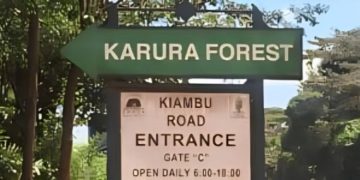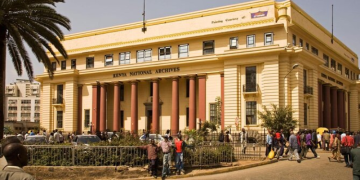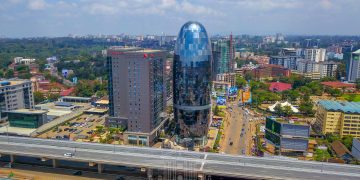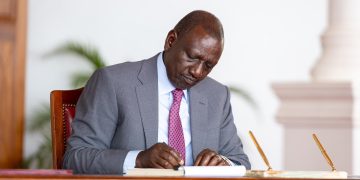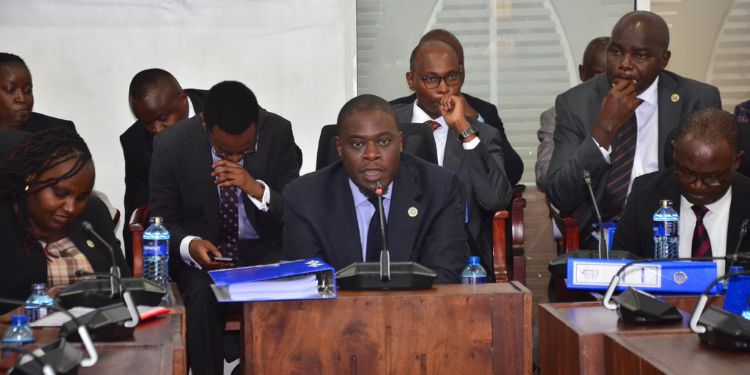Nairobi Governor Johnson Sakaja has defended his administration’s decision to allocate Ksh9.2 billion in the 2024/25 budget to address water supply challenges in the capital.
Appearing before the Senate County Public Investments and Special Funds Committee on Tuesday, July 22, Sakaja responded to audit findings indicating that 51 per cent of water produced by the Nairobi Water and Sewerage Company (NWSC), valued at Sh8.6 billion, is lost through the distribution system.
The committee, chaired by Senator Godfrey Osotsi (Vihiga), sought clarity on the massive water losses and questioned the effectiveness of Nairobi’s water management systems.
“Governor, auditors say 51 per cent of water produced worth Sh8.6 billion simply vanished. How do we explain this to ratepayers?” Osotsi asked.
Infrastructure Blamed for Water Losses
Sakaja attributed the water losses to outdated infrastructure and deferred capital investments.
He explained that the county inherited an ageing water system with worn-out pipelines and malfunctioning meters.
“We inherited antiquated pipes and deferred capital works. We have now ring-fenced Ksh9.2 billion in the 2024/25 budget for meter sealing, leak detection and pipeline rehabilitation, plus AFD and FD projects already underway,” Sakaja explained.
The Ksh9.2 billion allocation, he said, will fund leak detection, pipeline rehabilitation, meter sealing, and ongoing projects supported by the African Development Fund and the French Development Agency.
Sh11 Billion in Receivables Under Scrutiny
The senators also pressed Sakaja on Ksh11 billion in unpaid receivables, some of which have remained outstanding for over 480 days.
Nairobi Senator Edwin Sifuna demanded a concrete plan for debt recovery.
“Ksh11 billion sits in receivables over 480 days. Demand letters alone won’t cut it. Where is the recovery plan?” he asked.
Also Read: Sakaja Pleads with Kenyans After Death of Politician Who Wanted Him Impeached
In his response, Sakaja said his administration had created two new revenue regions and introduced a Geographic Information System (GIS)-enabled billing platform in February to improve accuracy in billing and collections.
He further revealed that legal teams are now handling all cases involving debts above Ksh1 million, and that 1,938 active but previously unbilled accounts have been invoiced.
Wage Bill Concerns and Cost-Cutting Measures
Another issue raised during the session was the high staff cost, with Senator Eddy Oketch noting that 65 per cent of the company’s revenue is spent on salaries, almost double the permitted 35 per cent threshold.
Also Read: Sakaja Pays Flights for 47 Imams to Saudi Arabia
Sakaja acknowledged the concern and outlined cost-cutting measures, including a freeze on non-essential hiring, decentralisation of services to reduce overtime, and a cost-recovery tariff proposal submitted to the Water Services Regulatory Board (WASREB).
He expressed confidence that the wage-to-revenue ratio will drop to 45 per cent within a year if the measures are implemented effectively.
The Senate committee is expected to compile a report with recommendations after reviewing Sakaja’s submissions and audit findings.
Follow our WhatsApp Channel and X Account for real-time news updates.
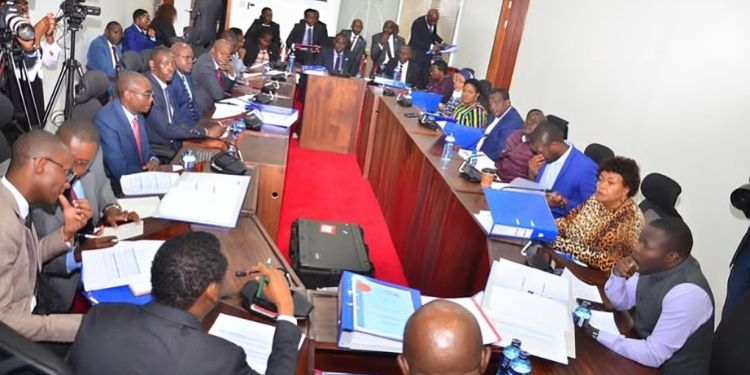


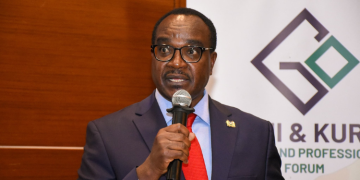
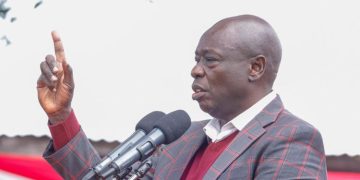


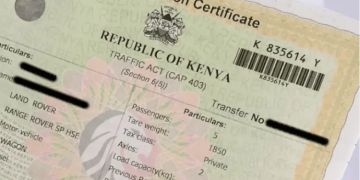










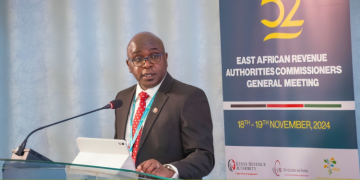
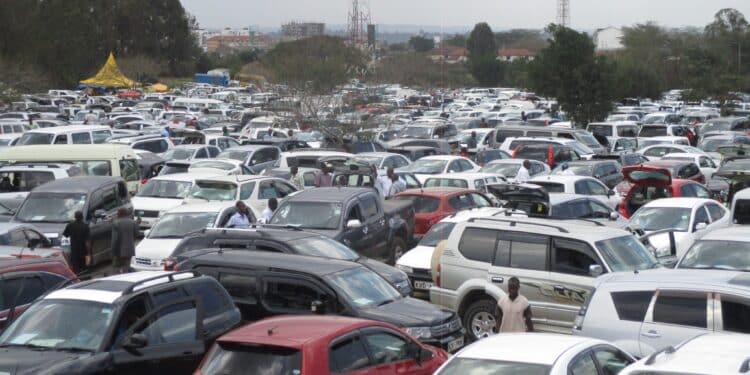
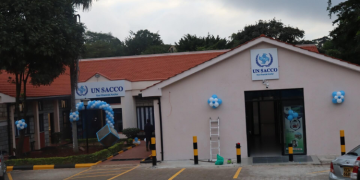
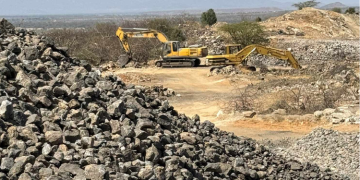
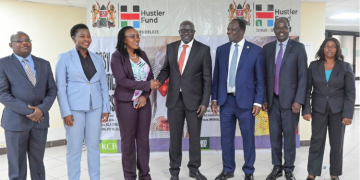
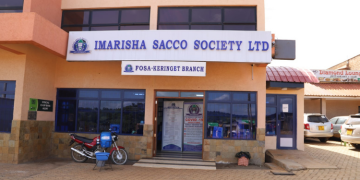

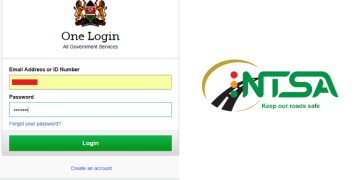
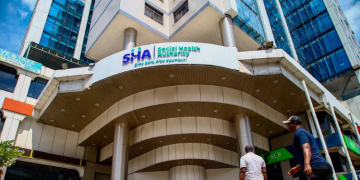


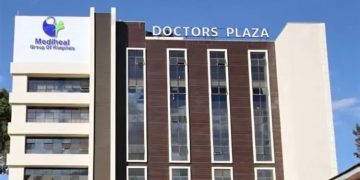
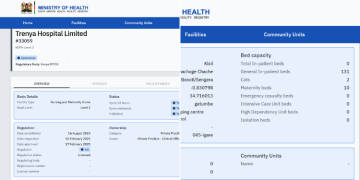

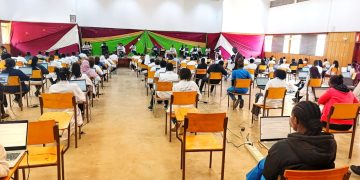
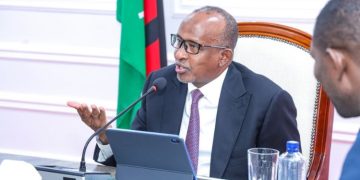


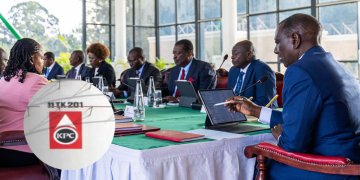
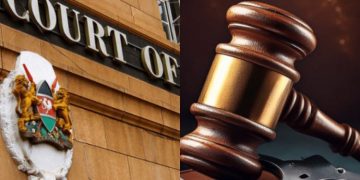




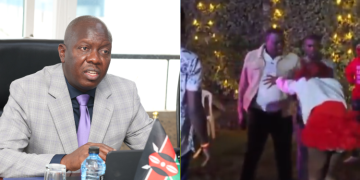


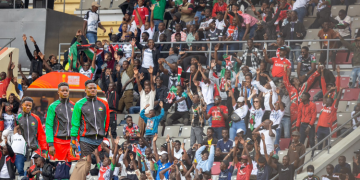





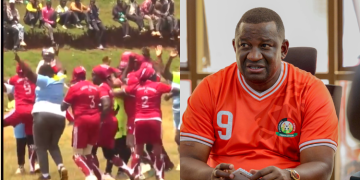



![Ntv Anchors Bring Village To Standstill With Heartwarming Birthday Party [Photos] A Photo Of Ntv Swahili Anchors Lofty Matambo And Fridah Mwaka During Their Birthday Celebration In Kilifi County Photo/ Lofty Matambo And Fridah Mwaka]( https://thekenyatimescdn-ese7d3e7ghdnbfa9.z01.azurefd.net/prodimages/uploads/2025/09/A-photo-of-NTV-Swahili-anchors-Lofty-Matambo-and-Fridah-Mwaka-during-their-birthday-celebration-in-Kilifi-County-PHOTO-Lofty-Matambo-and-Fridah-Mwaka-360x180.png)



